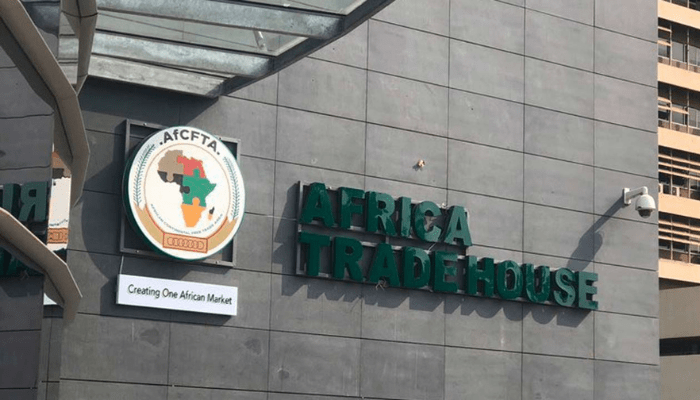Ethiopia has officially ruled out joining the East African Community (EAC) in the near term, citing lack of readiness and potential economic disruption. Instead, the country is prioritizing the African Continental Free Trade Area (AfCFTA) agreement, which it aims to operationalize by the Ethiopian New Year in September.
According to a report by The Reporter Ethiopia, Samuel Gizaw, coordinator of AfCFTA implementation at the Ministry of Trade and Regional Integration, stated that Ethiopia has neither conducted the necessary research nor undertaken key preparations required for EAC accession.
“Joining the EAC now could harm Ethiopia’s economy,” Gizaw warned. “Significant studies and groundwork are needed before accession can be considered.”
Gizaw highlighted that EAC member states already enjoy advanced integration—including duty-free movement of goods, labor, and a functioning customs union—requiring any new entrant to undergo extensive structural and policy reforms. Ethiopia, he said, is not currently positioned to make such shifts without risking economic strain.
Trade Realignment Concerns
Gizaw also pointed out that aligning with the EAC would necessitate harmonization of trade policies, customs regulations, and revenue-sharing mechanisms, which could potentially destabilize Ethiopia’s existing trade frameworks if rushed.
Although Ethiopia has not formally applied for EAC membership, speculation about its potential inclusion has grown, particularly following remarks by Kenya’s former Cabinet Secretary for EAC, Peninah Malonza, in April 2024. At the time, she claimed that Ethiopia was close to becoming the EAC’s ninth member.
Gizaw has since clarified that no formal steps toward accession have been taken, and that any future decision would depend on Ethiopia’s economic development and integration readiness.
“Our current focus is on launching the African Free Trade Area,” Gizaw emphasized. “The timeline for joining the EAC will depend on Ethiopia’s economic development and regional integration capacity.”
A Measured Approach
Ethiopia’s cautious stance comes amid broader efforts to strengthen its trade capacity through AfCFTA, which aims to create a single continental market for goods and services across Africa. The government views this agreement as a more immediate and strategic opportunity for enhancing trade while avoiding premature regional realignment.
The EAC, headquartered in Arusha, Tanzania, currently comprises seven member states: Kenya, Uganda, Tanzania, Rwanda, Burundi, South Sudan, the Democratic Republic of the Congo, and Somalia. Despite Ethiopia’s economic weight in the region, its decision to hold off on joining reflects a measured approach to regional integration, balancing ambition with preparedness.





